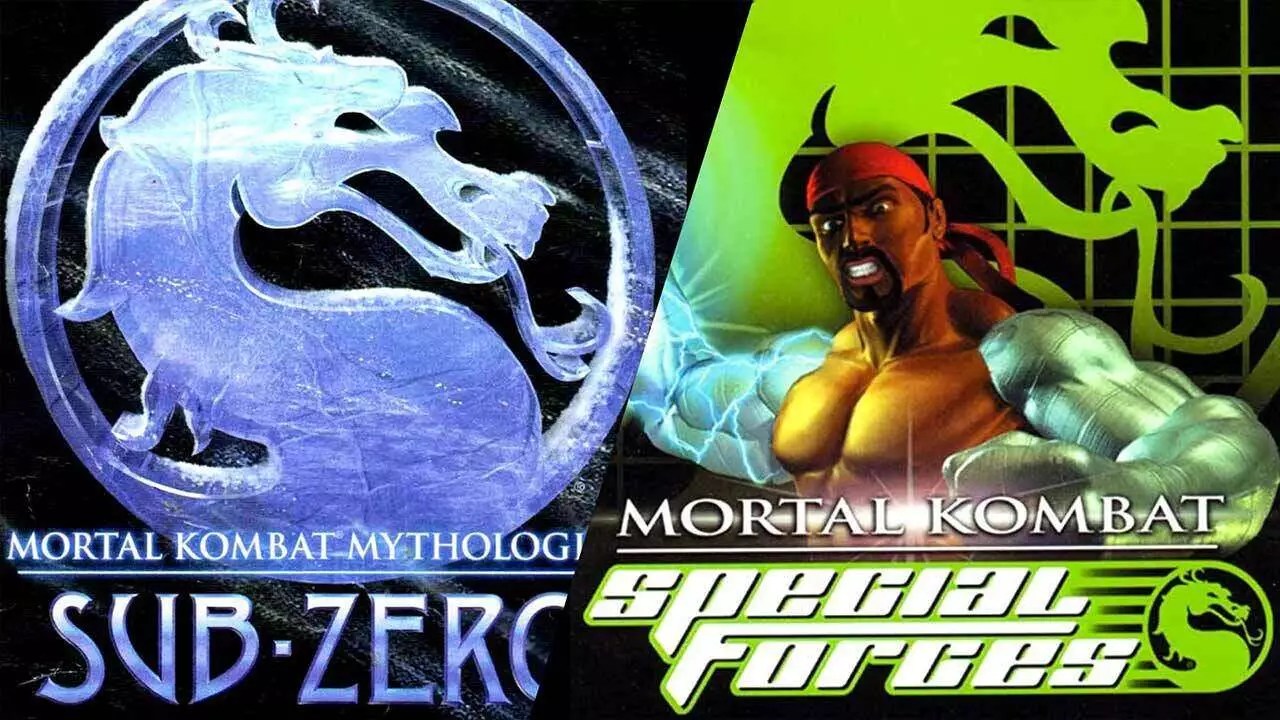Digital Eclipse’s announcement of the Mortal Kombat: Legacy Kollection marks a significant milestone in preserving gaming history. While the franchise has always been celebrated for its brutal combat and groundbreaking graphics, many of its lesser-known titles have languished in obscurity. Now, thanks to this collection, these hidden gems—namely Mortal Kombat Mythologies: Sub-Zero and Mortal Kombat Special Forces—are experiencing a well-deserved renaissance. These games, once criticized for their difficult gameplay and technical flaws, are now being restored with a level of care that emphasizes both authenticity and accessibility. By integrating features like rewind play, on-screen move lists, and Trainer Modes, Digital Eclipse is not just digitizing old titles; they are transforming them into engaging experiences suitable for modern audiences.
The inclusion of these games is more than a nostalgic gesture; it’s a bold statement about the importance of game preservation. Historically, titles like Mythologies and Special Forces suffered from rushed development, leading to fan disappointment and commercial neglect. Their omission from recent collections left a void in the franchise’s history. Now, through contemporary enhancements, these titles become crucial pieces of the Mortal Kombat puzzle, allowing players to explore a broader understanding of the series’ evolution. Digital Eclipse isn’t simply porting old games—they’re refining them, making sure they stand tall in the digital age while honoring their original spirit.
Technical Marvels and Historical Significance
One of the standout inclusions in this collection is the WaveNet edition of Ultimate Mortal Kombat 3. This version of the ground-breaking arcade game isn’t just a rare footnote; it’s a technological marvel that vividly demonstrates how far online gaming has come. Originally designed to support Midway’s ambitious WaveNet online connectivity, this version introduced innovative gameplay modifications, including the addition of Noob Saibot as a playable character—an exclusive feature for arcade enthusiasts. The story behind its near-loss to history elevates its significance. It was thought to be a relic lost in time until a working arcade cabinet resurfaced, rekindling hopes for preservation and academic curiosity.
Stephanie Brownback’s detailed account underscores the technological audacity behind WaveNet MK3. It was a pioneering leap—an arcade game with online matchmaking capabilities predating many console and PC services by years. Incorporating this version into the collection offers fans a glimpse into an alternate evolution of fighting games—one where arcade hardware had the potential to harness online battles long before the internet became as ubiquitous as it is today. This is not just nostalgia; it is an education on how innovative thinking often pushes the boundaries of technology, even in the realm of competitive gaming.
Beyond the Mainline: Embracing the Entire Mortal Kombat Spectrum
While most fans focus on the flagship titles like Mortal Kombat 1, 2, and the legendary Trilogy, the inclusion of spin-offs like Mythologies and Special Forces signals a broader vision. These games symbolize the risky experimental phase of the franchise—titles that dared to venture beyond traditional fighting gameplay. Though they faced criticism for their difficulty and technical flaws, they also showcase the franchise’s willingness to explore different gaming genres, such as sidescrolling action and narrative-driven gameplay.
It’s refreshing to see Digital Eclipse acknowledge these less celebrated chapters. Mortal Kombat Mythologies: Sub-Zero, for example, attempted to flesh out character lore but stumbled in execution due to sluggish controls and punishing platform sections. However, it remains an ambitious attempt to deepen the Mortal Kombat universe, akin to what Spider-Man’s web-slinging sequels accomplished for character development. Special Forces, on the other hand, had its own troubled development story, marked by creative departures and scrapped ideas. These imperfections, rather than diminishing their value, highlight the tumultuous birth of a gaming titan—a reminder that even the most iconic franchises evolve through trial, error, and resilience.
Looking Toward the Future of Classic Gaming
Digital Eclipse’s Mortal Kombat: Legacy Kollection is more than a mere compilation; it’s a bridge connecting the past and present. Its launch promises not only to rekindle fond memories but also to educate new generations about the franchise’s roots and its experimental phases. As gaming continues to swell into a cultural behemoth, preserving these obscure titles underscores a commitment to diversity within the gaming canon.
The collection’s release is timely, coinciding with the upcoming Mortal Kombat 2 movie—an event that will undoubtedly renew interest in all things Mortal Kombat. Whether players are old-school fans or newcomers curious about the series’ origins, the collection offers an expansive playground for discovery. More critically, it challenges the notion that classic games are forever lost in time, proving instead that with passion and ingenuity, they can be revitalized for new audiences and new eras.
This is a defining moment for retro gaming—it’s about respecting history while unleashing the full potential of what these old titles can become in the digital age. Digital Eclipse isn’t just porting games; they are curators of a cultural legacy that deserves meticulous preservation, thoughtful enhancement, and heartfelt celebration.


Leave a Reply